Dear Dungeon Master, have you ever thought that it is weird to see a level one party reach level 15 or more in a few in-game months? Sure, the campaign itself may have taken a few years. But in-game time tends to be slower, and it’s odd to see this bunch of commoners who almost died to a pack of wolves being strong enough to fight a god after a few months.

Related
Dungeons & Dragons: 8 Ways To Address Players Using Exploits
Just because it follows the game rules doesn’t mean it’s good for the game.
If that kind of stuff bothers you, time skips can really help you out during your Dungeons & Dragons campaign. You can have weeks, months, or even years go by, turning the young adventurers into hardened, middle-aged warriors. How do you do then, though?
6
Ask The Group What They Want To Do
You Don’t Need To Come Up With Everything Yourself
It’s normal for a DM to think they’re responsible for everything story-wise – we’ve all been there. However, D&D is about you and your friends telling a story together, and though you do have more control over the narrative than the players, their input makes all the difference.
So, instead of coming up with an amazing plot hook that skips time, you can just say, “Hey guys, I want to do a two-month time skip because there’s nothing big story-wise to do right now. Do your characters want to do anything during this time skip?” Then, let them come up with the things they wish to do, such as shopping, visiting NPCs they like, hanging out, or something similar.
If there are a lot of things they wish to do during this time, skip. You can even have a lighter session that is all about roleplaying these things in sequence, and you can continue the adventure in the next session.
5
Talk To The Group Outside The Game
Not Everything Needs To Be Roleplayed
All that said, maybe there aren’t many things they want to do when time passes by. If that’s the case, you can handle these few things outside the game rather than roleplay things out.
Suppose the time skip is happening during the session. In that case, you can have a five-minute conversation about what will happen, such as shopping or visiting specific locations, without roleplaying the interaction.
If the time skip happens between sessions, then you can just talk or text your friends about what their characters do during this time and be done with it. Not every second needs to be roleplayed, after all.
4
Use It Between Story Arcs
Perfect Moment For A Break
Now, if your concern is when to place the time skip, the safest bet is when one of your main stories ends. They solved the problem, saved the city, rescued the NPC, defeated the villain, or whatever else happened during the arc.
“Oh, but the ending already teased or hooked them to the next plot!” Okay, but is it urgent to chase this plot hook right away? If it is, then yes, it’s best to go after it as soon as possible. But you control how urgent things are, so you can give it some time. The villains may need a few months to get their schemes started – they have stuff to plan.
3
Use It To Conclude A Story
We Know When The Villain Will Strike
This one is a bit harder to pull off, but it can make the story more dramatic and interesting. As the players uncover the villain’s plans, they find out that there’s a time constraint in the plan. Maybe the villain will show up during an important event in the city, and this event has a specific date to happen.
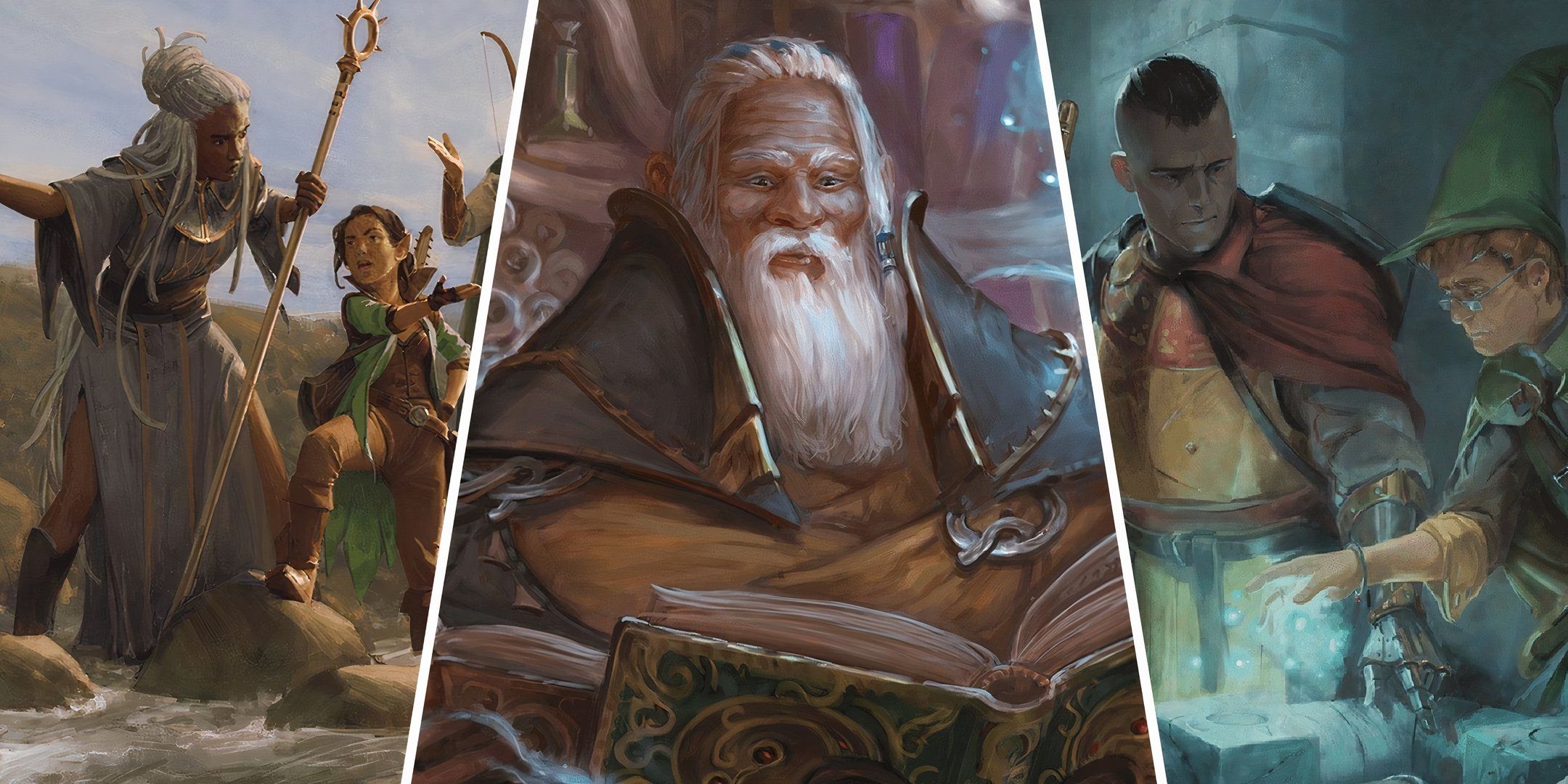
Related
Dungeons & Dragons: 8 Ways To Cheat As The DM
Because “make it a fun game” is the only rule you should never break.
Because of that, the players will need to wait until the correct date to continue their plan, allowing for a more organic time skip to take place. They can even use this time to prepare themselves, alert friendly NPCs, and make their own counter-plan against the villain – who might be expecting that, and prepare their own counter-counter-plan.
2
Use It For Traveling
The Road Is Long
One of the easiest ways to make time skips is using long trips. If you want your world to have passages of time, the best solution is to make it relatively big and not give the players fast travel – no portals in this realm, essentially.
If going from A to B is a month trip, then there you go, a month time skip, simple as that – Assuming they won’t get lost and increase that time by accident. You can either skip this section entirely, do some random encounters along the way, or even some non-random encounters that relate to the plot if you think it fits.
1
Use It Dramatically
Kill Them Or Something Similar
This tip might be the hardest one to pull off, but if you want to add some high stakes to the story, a forced time skip can be a good method. Just be careful with the execution because it involves taking a bit of the players’ agency.
Basically, something needs to happen that puts the party out of commission. They can be frozen, put into a type of magical stasis or trance, or you can even go as hard as actually killing them all. Then, you can have NPCs that bring them back, but they only manage to do so months or even years later.
With a drastic time skip such as this one, you can have the world they know and are used to being completely different. NPCs are older and affected by the actions of the villain, who managed to accomplish their goals because the party wasn’t there to stop them. This is also a decent way to recover your campaign if you accidentally TPK the party.
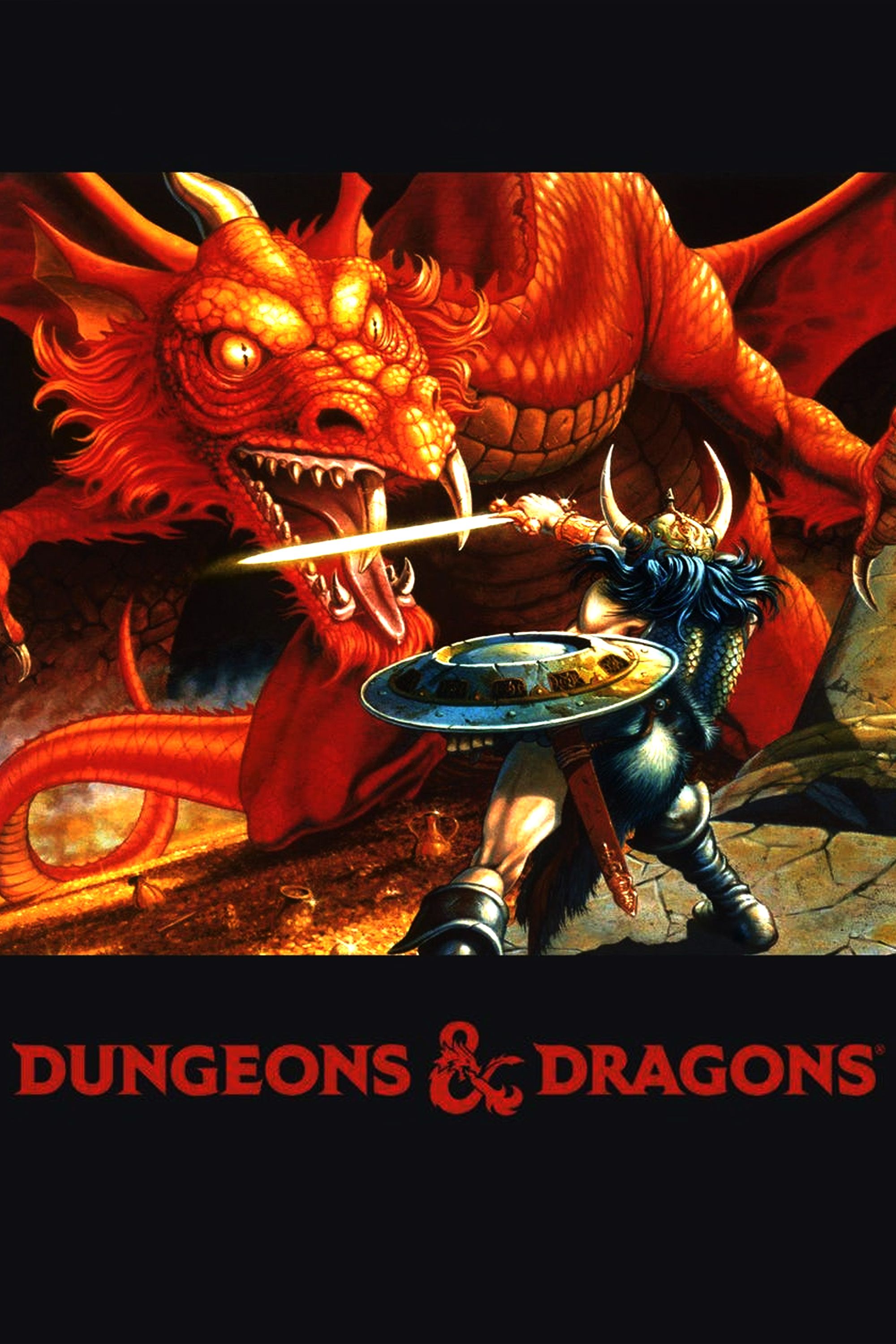
Dungeons & Dragons
- Original Release Date
-
1974
- Player Count
-
2+
- Age Recommendation
-
12+ (though younger can play and enjoy)




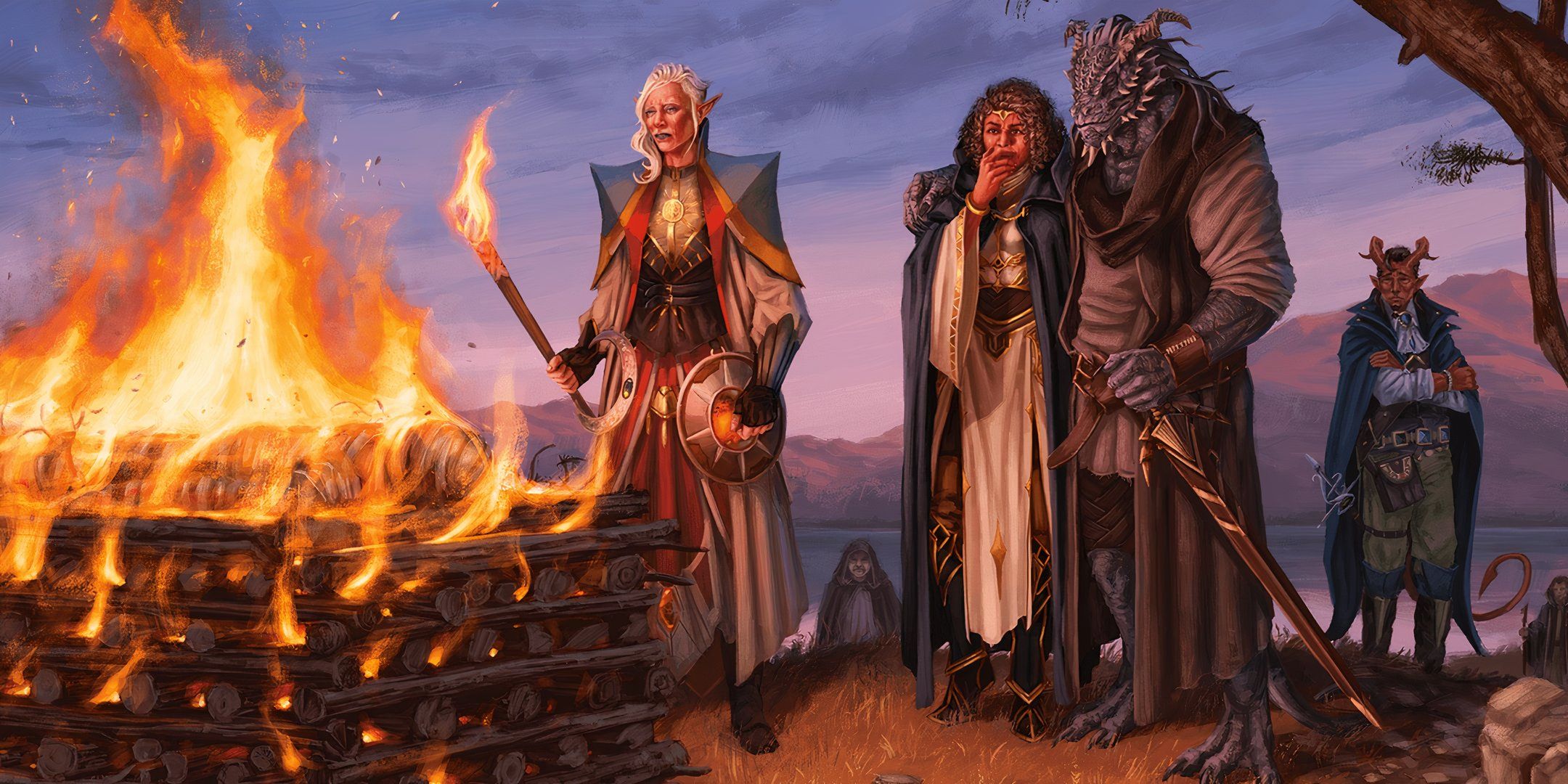
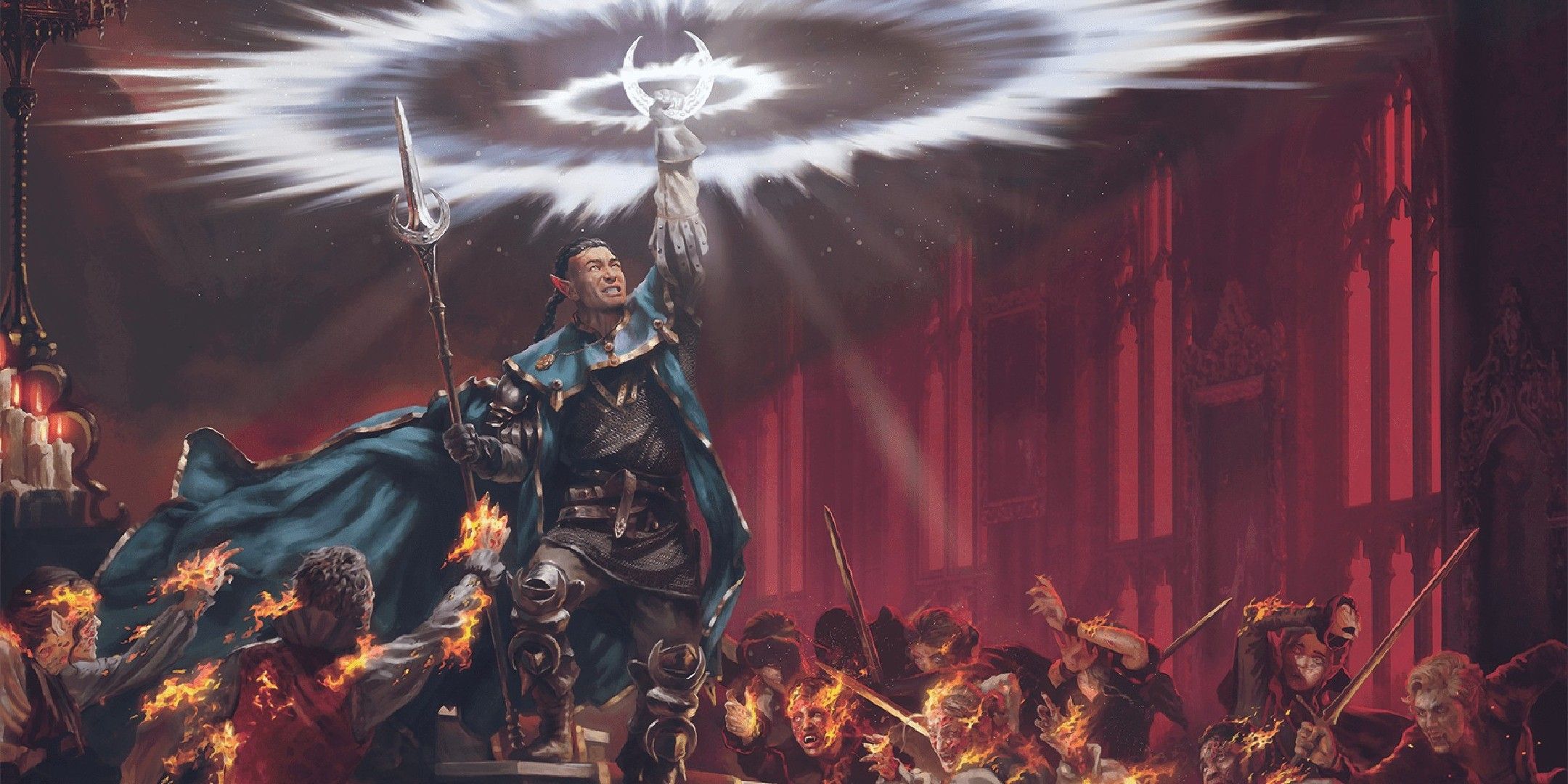
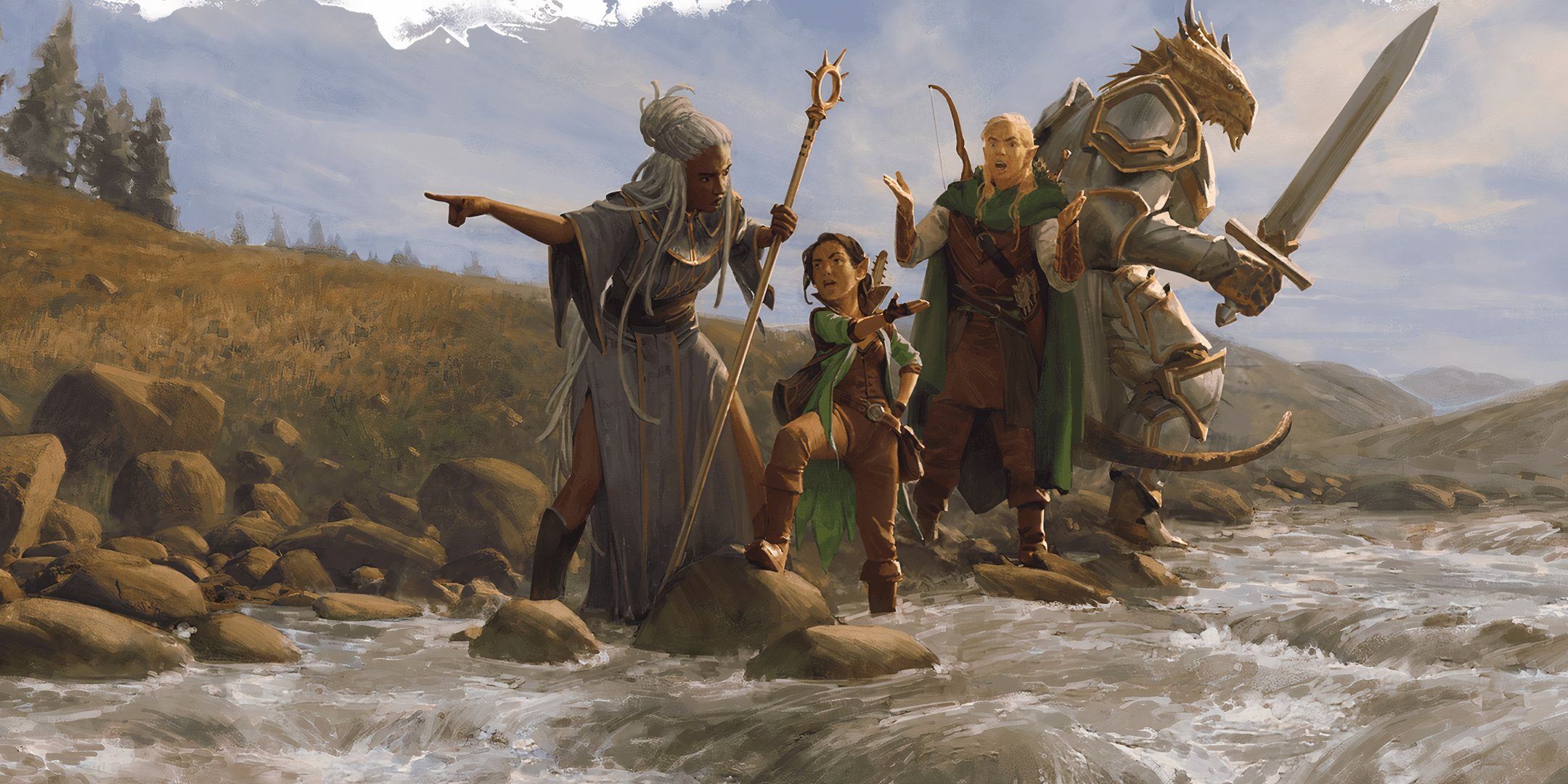
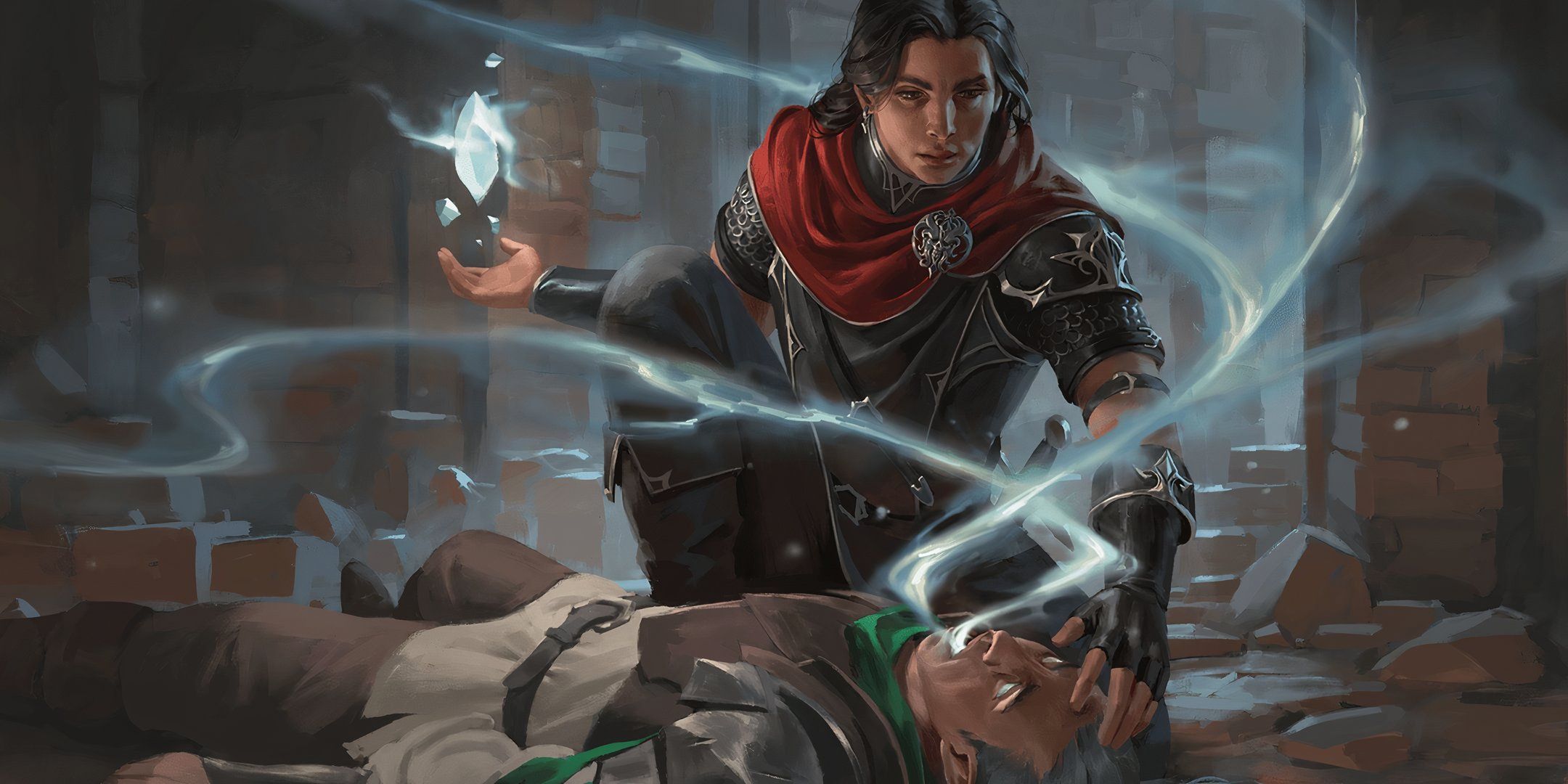





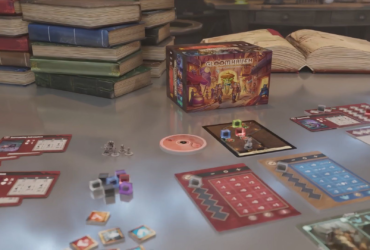
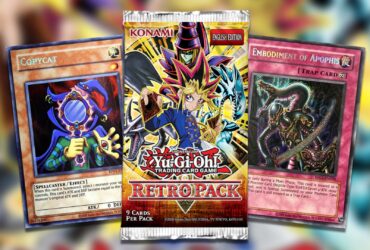


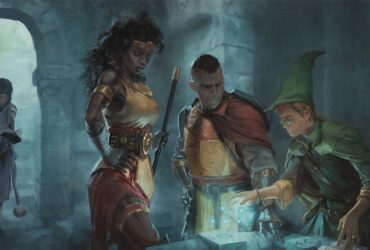
Leave a Reply